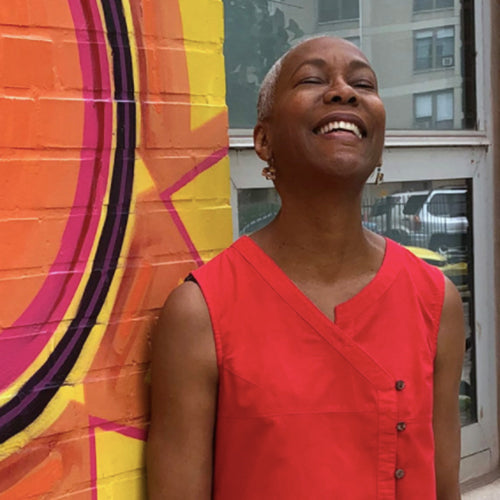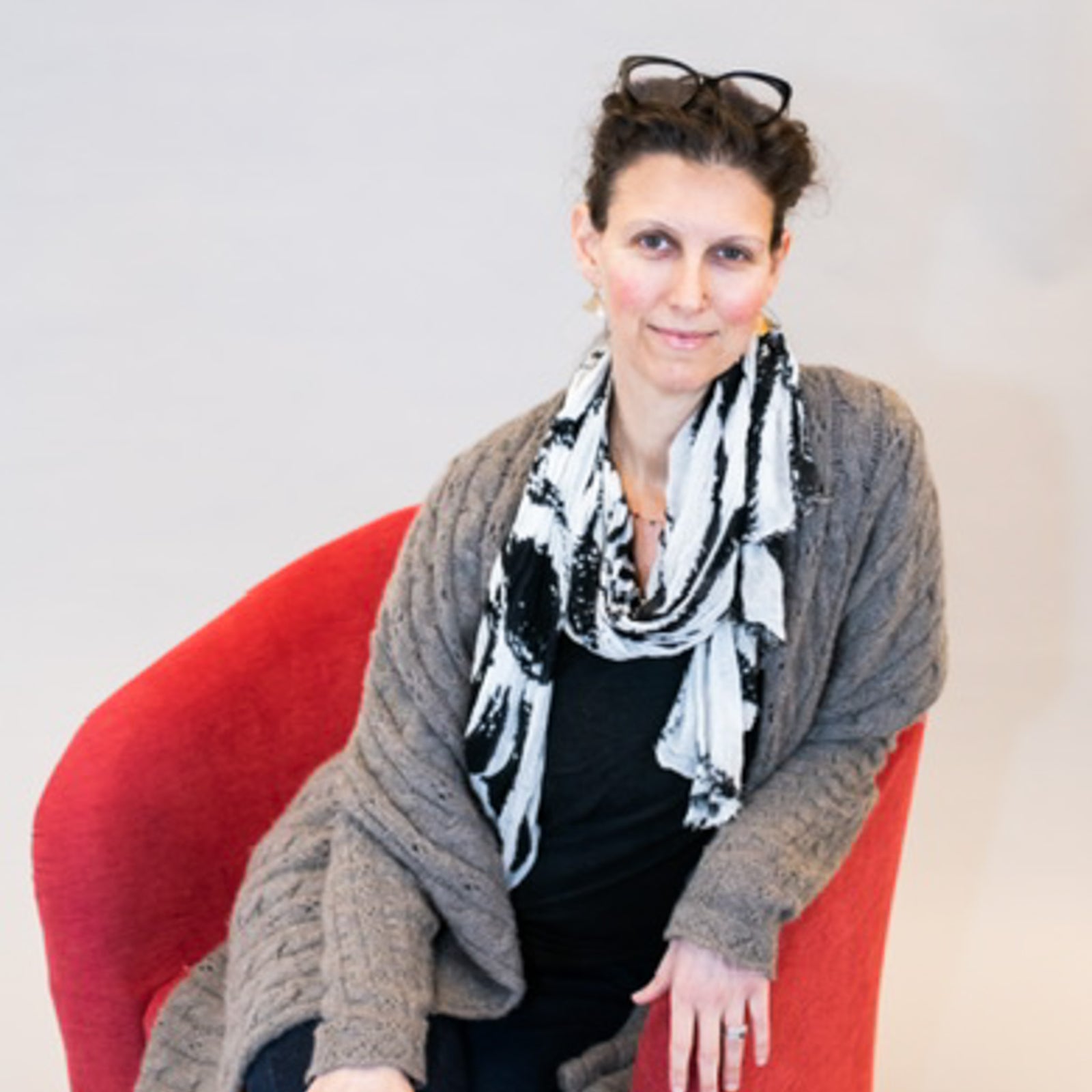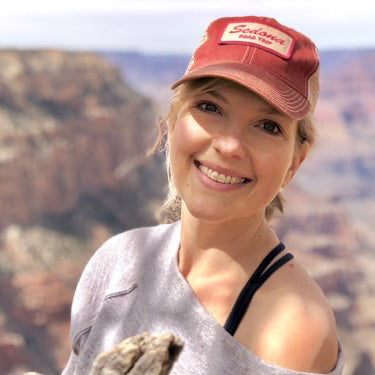S T A R T I N G

For the overwhelming majority of us, the hardest thing is starting. Whether it’s getting out of bed in the morning, even if you’re one of those people who bound out of bed as soon as the alarm goes off (and I just don’t understand how those people do that), starting on that project that’s been on your plate for weeks, or quitting a habit, starting is hard.
The same is true for your activist goals. Often, we don’t know where to begin. Sometimes we do know where to begin but we’re afraid, especially in antiracism/activist work, of doing it “wrong”, of making a mistake that could do harm or lead to us being shamed. Starting friction, no matter the reason, stops a lot of us cold.
But here’s the thing, when we know that we’re experiencing starting friction we can make our plan around it. We can set ourselves up for success by acknowledging the challenge that is likely coming our way. If you know that you’re going to make mistakes, if you know that you don’t know everything and have a lot to learn, it takes some of the sting out of it when you do make an error or have to confront your ignorance about something.
There are some basic steps that you can return to any time you’re having a hard time starting or staying in motion. Let’s take a look at them:
- Give yourself a good, solid reason to start and keep going. If a cause calls to you it’s usually either because there is a story that you hold that connects you to it, or it crashes into your sense of right and wrong and you feel that not speaking out is a betrayal of your integrity. Connecting your activist goals to an important story that you hold about who you are in the world, or how you believe the world should be, is important. We are story making animals and understanding the core stories that motivate us make it way easier to start and sustain activist work.
- Don’t try to do too much all at once. We tend to dive into things and we’re all gung-ho then we hit a wall and we stop. And once we stop, we’re not only dealing with starting friction again, we’re also likely confronting guilt for not having followed through on the commitment that we made.
Activism is a muscle, the more you do the more you can do. But start slow. You wouldn’t go to a gym and try to emulate Simone Biles on day 1, not without expecting to wind up hospitalized anyway. No, you’d go in and start with baby steps. Let your activism look the same. Do one thing, then do another, and keep that up as you gain competence and confidence.
Also, don’t overload yourself with a variety of causes. There is one essential thing that every activist needs to be working on and that is antiracism. Racism, and the attitude that white people, specifically men, are superior and so can take what they want from other people and the Earth itself, is the foundation for the ills of the world. No matter what else you do, start with antiracist work. Then pick, at most, one other cause. This is my Noah’s Ark rule, “only two” said Noah to the animals, I’m saying “only two” to you. You can certainly switch up what you’re working on, babies in cages bumped climate change for me, but still antiracism and one other thing is, realistically, the most that we can do.
- Find a community. Most of the activist work being done is to address heartbreaking wrongs; racism, children in cages on our southern border, the looming disaster of climate change, the ravages of colonialism, and the list goes on. Besides the fact that there truly is strength in numbers, dealing with these things is hard work in a team, dealing with them alone is demoralizing.
Find your people, find those who care about the thing that you care about so that you have others to celebrate with when things go well, and a community that consoles and lifts each other up when they don’t. Remember, your community can be people you’ve never met. Most of my community are people I’ve yet to meet face to face. While I hope to meet them someday, the relationships are built on the solid foundation of our shared commitment to justice.
Identify your cause and start. Make a phone call, read an article and pass it on, write a letter to the editor, research where to donate money if you’re able to do so. I have a wealth of information on my website so go there if you’re unsure of where to begin.
Start, keep going. If you fall off the wagon, start again.
Omkari Williams is a speaker, writer, podcast host, and certified creativity and life coach. Her passion is teaching people to use their stories as a tool in changing social policy. Omkari says, “Our stories are bridges between us and others and can be immensely powerful in creating societal change. Yet the stories of so many have been neglected. When we learn how to leverage the power of our collective stories we can create meaningful change and help bring justice to the world.”
On her podcast, Stepping Into Truth: Conversations on Race, Gender, and Social Justice, she interviews people doing activist work in areas from Abortion Rights to Zero Plastic Waste.
Her writing has been featured online by Elephant Journal, My Empowered World, Women For One, and Tattooed Buddha and in print by Savannah Magazine and Paprika Southern.
Connect with her at her website, on Instagram, and on Twitter.




